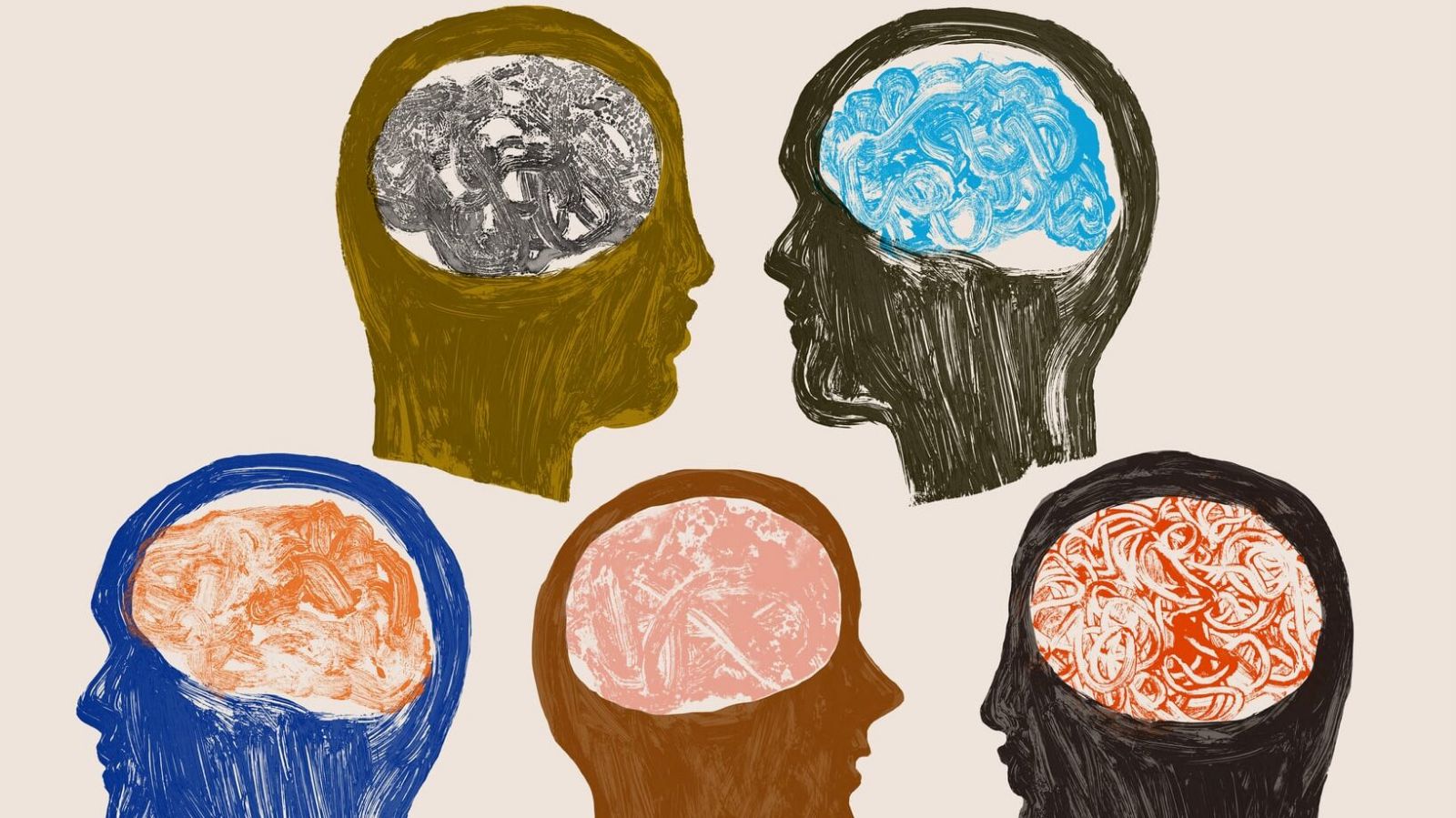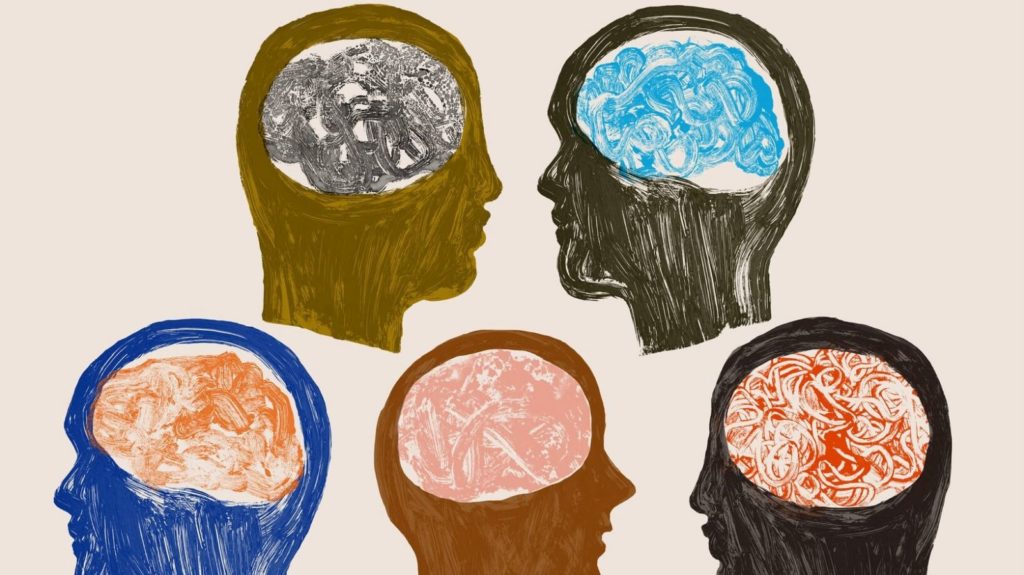What is Mental Health Stigma?
Mental health stigma refers to the negative attitudes and beliefs that exist in society surrounding mental health and mental illness. This stigma can manifest in many ways, from discrimination and prejudice to social exclusion and even violence. Unfortunately, this stigma is still prevalent in many cultures and communities, making it challenging for individuals to open up about their struggles and seek help.
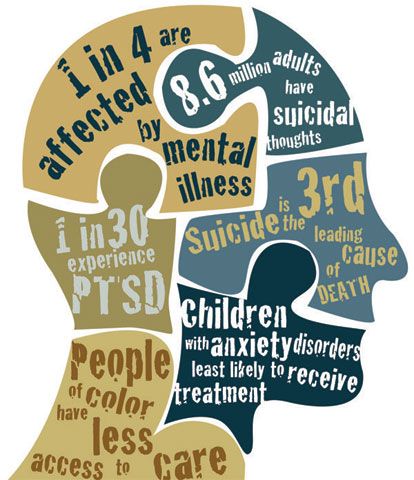
Understanding the Stigma
Growing up, many individuals have witnessed how mental health was often treated as a taboo topic in their communities. Conversations about mental health were rare, and when they did occur, they were often filled with misinformation and judgment. Many people believed that mental illness was a sign of weakness or a character flaw, rather than a legitimate health concern. This stigma made it incredibly challenging for individuals to open up about their struggles and seek help.
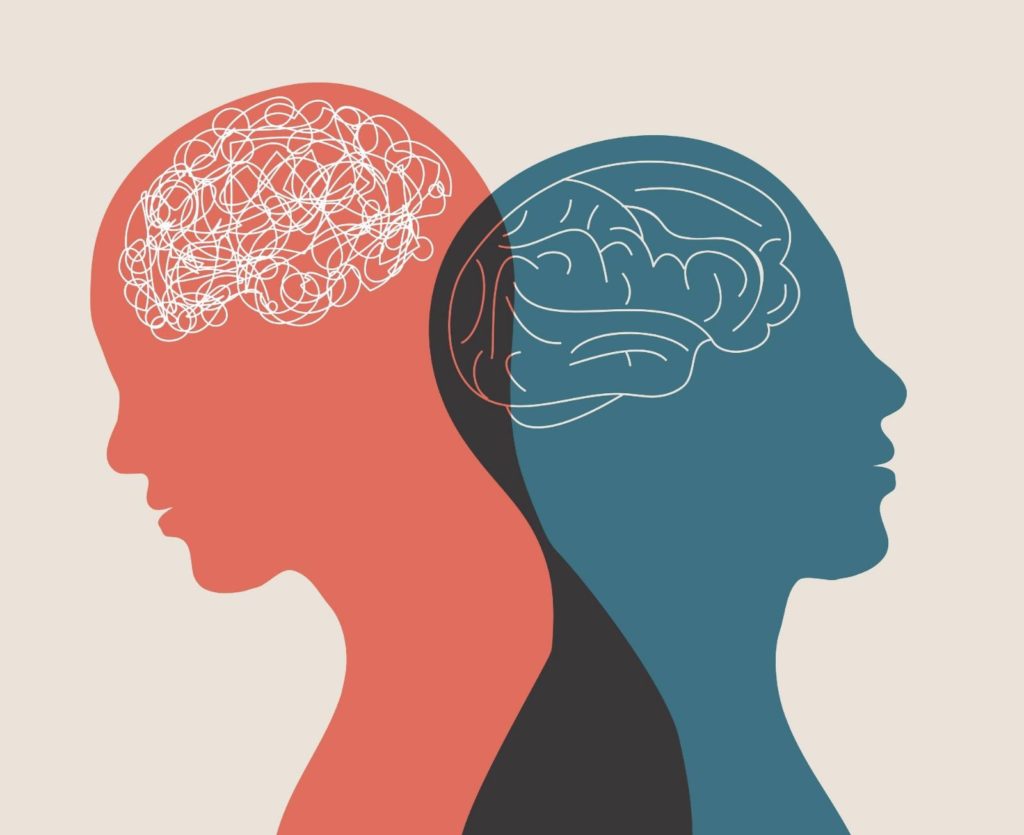
The Impact of Stigma
The impact of mental health stigma cannot be overstated. It prevents people from seeking the help they need, leading to untreated mental illness, deteriorating mental health, and in some cases, tragic outcomes such as self-harm and suicide. Stigma also creates a culture of silence and shame, where individuals feel isolated and alone in their struggles. This can further exacerbate their mental health issues and prevent them from reaching out for support.
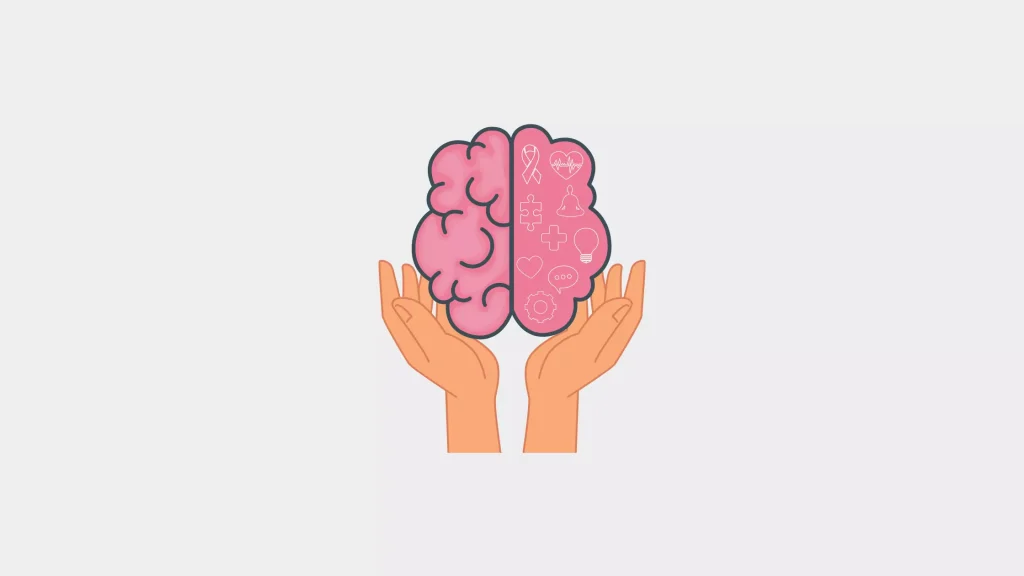
Overcoming Stigma: Education and Awareness
One of the most effective ways to overcome mental health stigma is through education and awareness. By providing accurate information about mental health and mental illness, society can challenge misconceptions and break down stereotypes. Educational institutions have a crucial role to play in this process. By integrating mental health education into school
